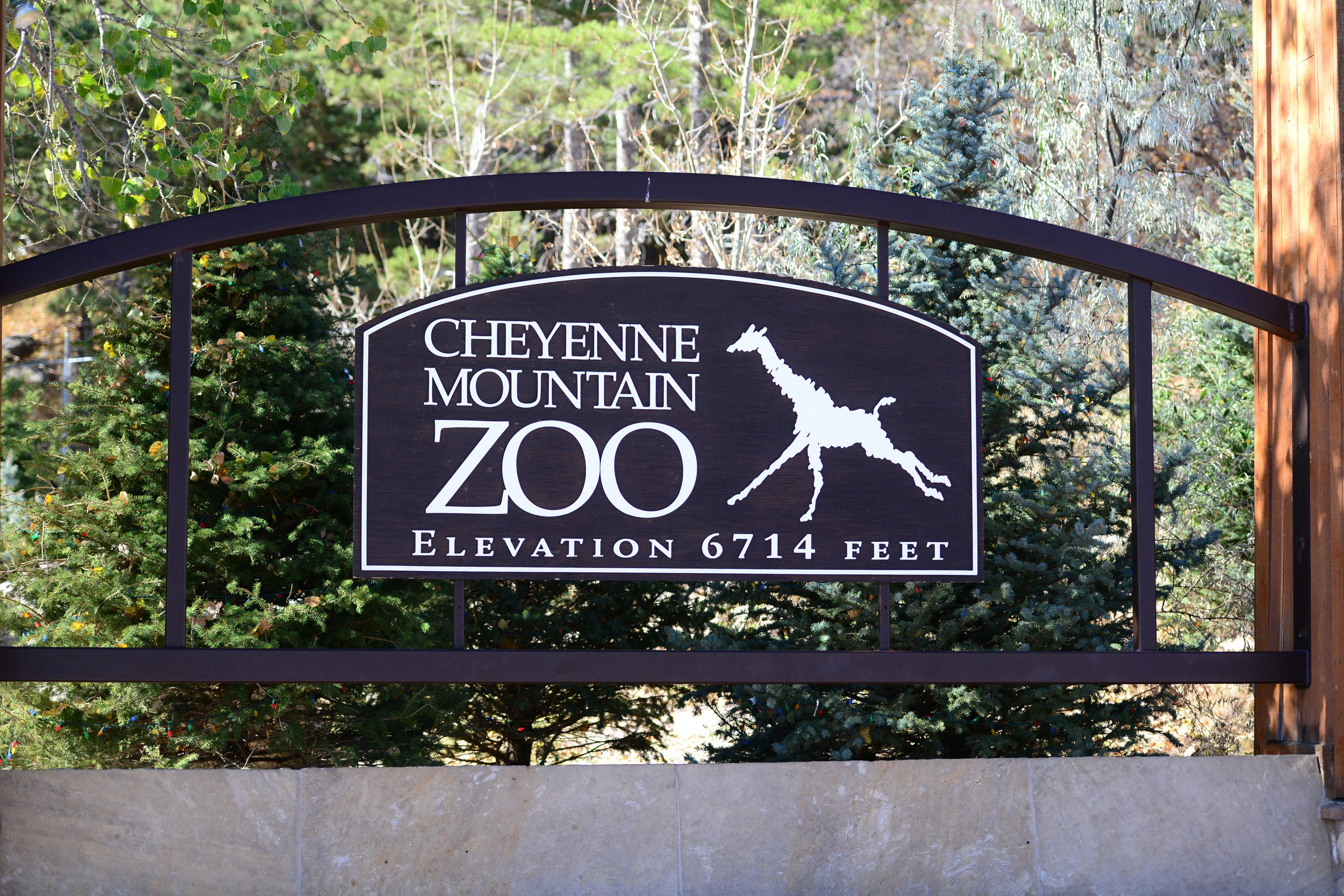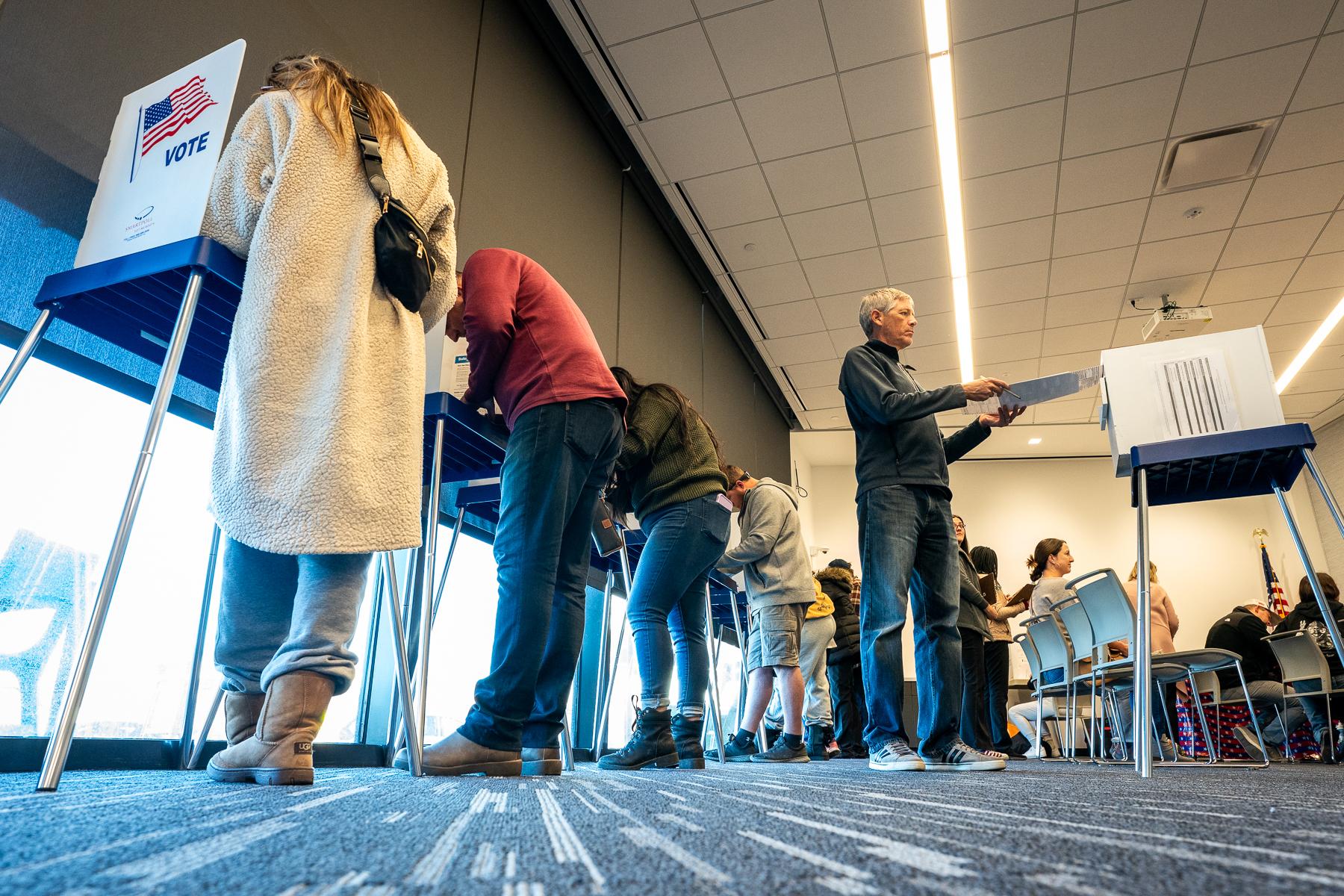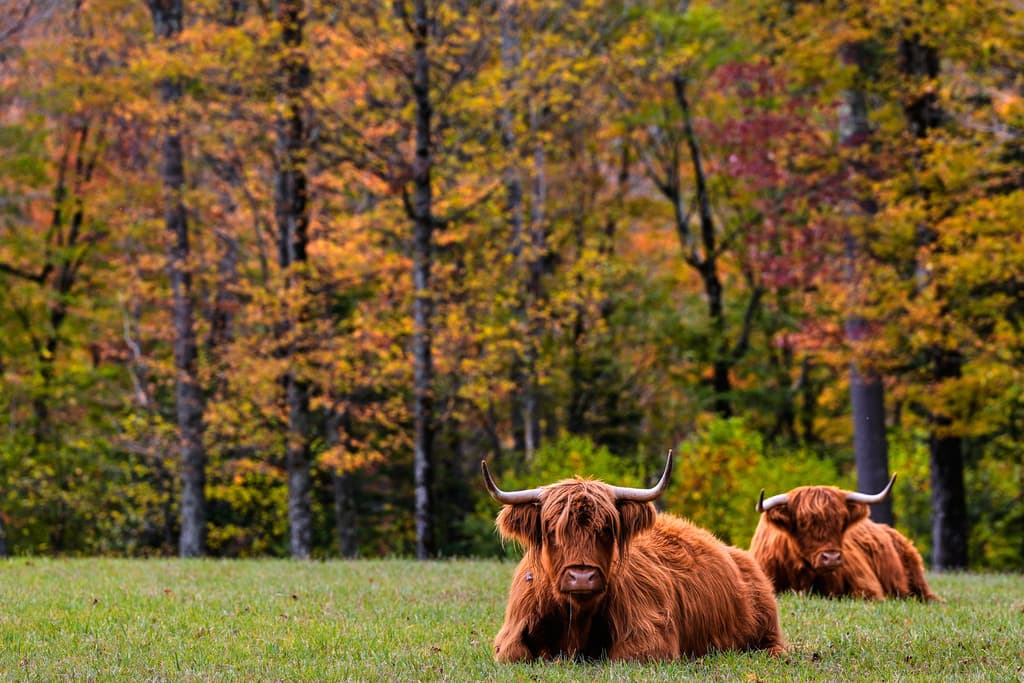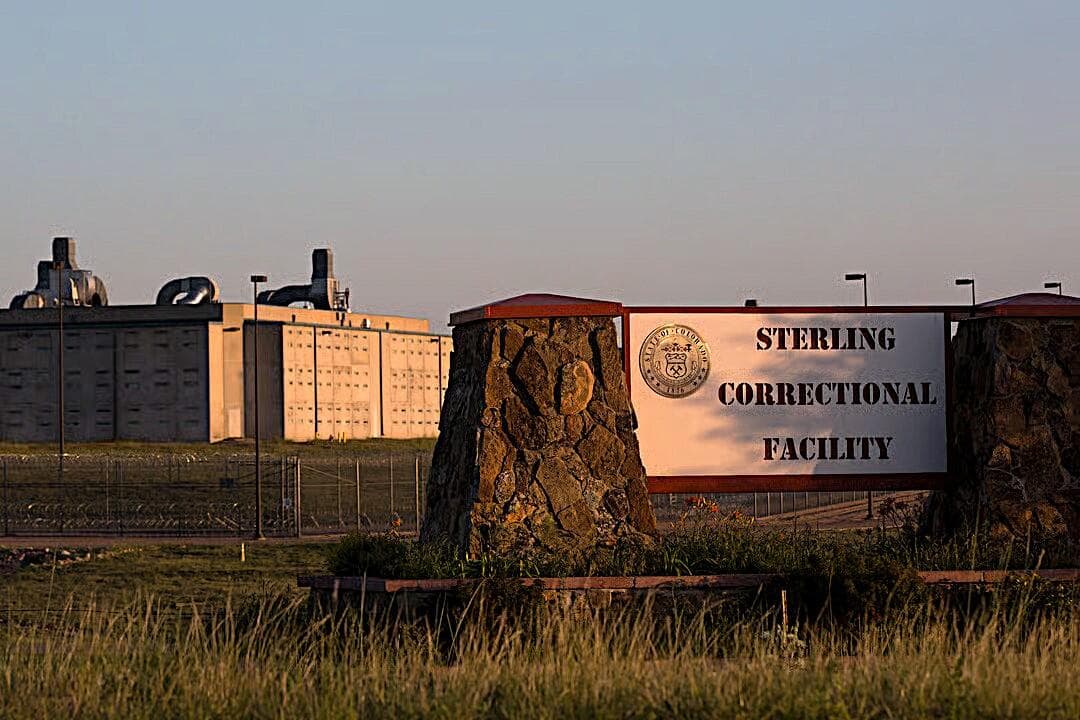
Do elephants, with their intelligence, sensitivity, friendships and capability, deserve personhood?
Colorado Supreme Court justices on Thursday seemed highly skeptical of the notion in arguments posed by an animal-rights group asking the state’s highest court to allow the release of five elephants at the Cheyenne Mountain Zoo in Colorado Springs.
Their argument that Missy, Kimba, Lucky, LouLou and Jambo deserve to be released to an elephant sanctuary was based on a habeas corpus argument, or personhood, that elephants should be considered under this umbrella and thus merit autonomy.
“This court has an interest in protecting someone’s autonomy, how to spend your day, the right to bodily liberty by prohibiting unjust confinements,” said Jake Davis, a lawyer for the Nonhuman Rights Project, which appealed a district court ruling dismissing his organization’s case to release the five elephants from the zoo in Colorado Springs. “Elephants are wild animals.”
The justices, hearing arguments at the University of Colorado School of Law, asked Davis where he would draw the line on any and all animals that may fall under personhood status. They joked that their dogs were highly intelligent and maybe deserved it. Or what about chimpanzees? Or what about tigers?
Davis pushed back saying a dog’s place was “on the couch” and elephants should be treated differently because they’re wild, they’re highly intelligent and they’re showing signs in captivity of brain damage because they don’t have enough space and stimulation.
He compared the animals to past groups subjugated before the civil rights movements and receiving later “personhood” status — including enslaved people and women.
“Legal personhood is not a biological category,” Davis said, acknowledging no other court in the country has granted personhood to animals.
State justices pushed back quickly.
“Everyone you just mentioned is a human person,” said Justice Richard Gabriel. “Can you cite a single case where they’ve assigned an animal case to a non-human?”
Former state Attorney General John Suthers represented the Cheyenne Mountain Zoo in Thursday’s oral arguments, which is fighting the effort to have their elephants forcibly released.
Beyond challenging the personhood issue, Suthers urged the state justices on whether they are even the right branch of government to take this issue up. He noted that in 2021, state lawmakers passed a measure prohibiting traveling circuses due to concerns about how animals are treated.
“They are not unlawfully confined,” Suthers said, noting there are 2.5 million visitors a year who visit the Denver and Colorado Springs zoos to see the elephants. “There are animal welfare laws and the Animal Welfare Act, where they examine the size of animal confinement. Colorado has robust animal protection laws.”
Suthers noted if the animal rights group really had concerns about Cheyenne Mountain’s treatment of the animals, they should call the U.S. Department of Agriculture, which governs animal welfare, or the local district attorney for criminal prosecution.
“They don’t do that because they know they’re not in violation,” Suthers said. “The Cheyenne Mountain Zoo has the statutory authority to hold the elephants.”
Suthers said to the court there wasn’t a common law with merit that was grounds for them to change national jurisprudence for what is considered a human being.
“Granting personhood to animals would leave a labyrinth of questions that courts would have to answer, where do we draw the line? You’re going to draw the line instead of the legislature?” Suthers said. “No court is the proper venue for what they’re trying to accomplish.”
State Supreme Court justices should decide the case next year.









